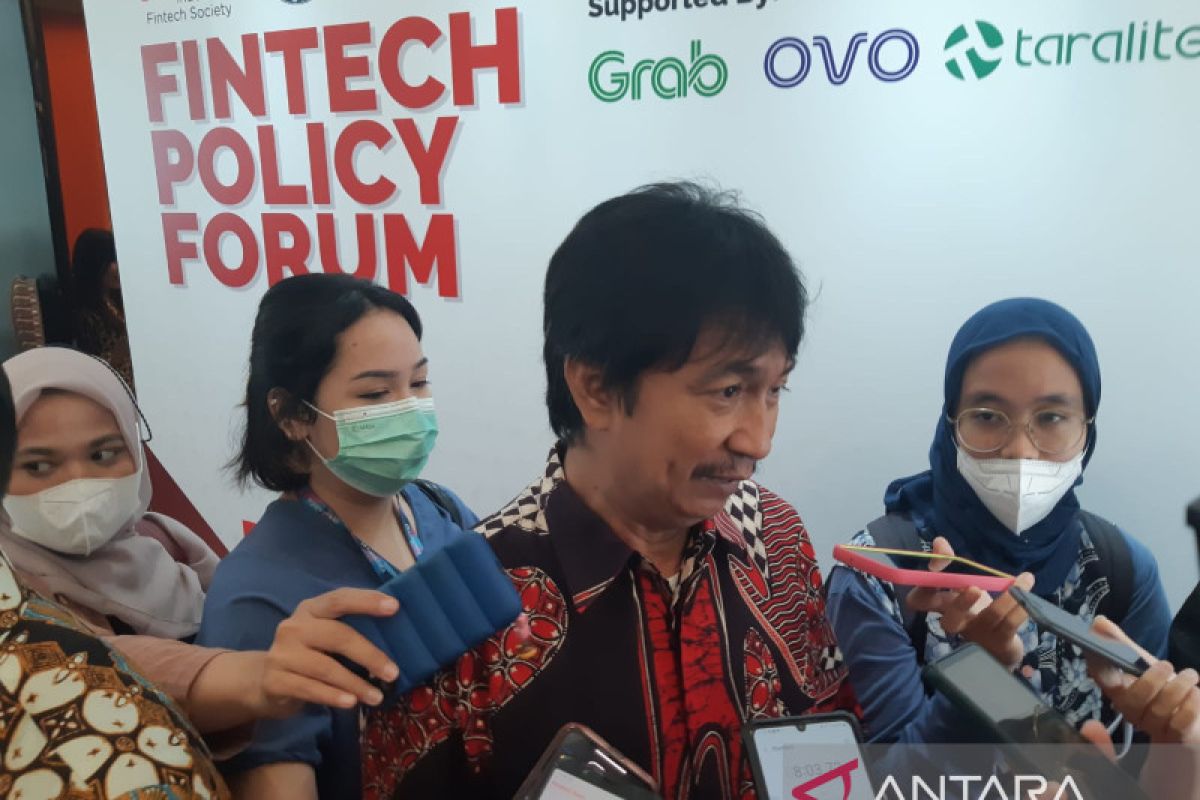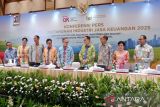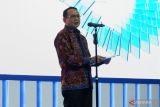Jakarta (ANTARA) - The Financial Services Authority (OJK) has implemented four policies on fintech peer-to-peer (P2P) lending to encourage the funding of micro, small, and medium enterprises (MSMEs), OJK's Financial Technology Supervision Director Tris Yulianta said here on Tuesday.
Fintech P2P lending is a direct information technology-based financial loan service between lenders and borrowers. There are currently 102 fintech P2P lending platforms, including seven platforms based on the sharia system.
Under the first policy, the OJK is encouraging the Indonesia Collective Funding Fintech Association (AFPI) to cooperate with the related associations and organizations to assist their members in conducting ecosystem cooperation to help MSMEs expand to the digital space.
This is one of OJK's motivating initiatives because only 60 percent of MSMEs have undergone a digital transition so far, he explained. Second, the OJK has urged fintech P2P lending companies to cooperate with banking institutions. Banks require credit expansion, specifically its distribution to MSMEs, as the government has set a credit distribution target of 30 percent of the total credit for MSMEs by 2024.
Third, the OJK has continued to encourage fintech P2P lending to improve funding distribution to productive sectors. In March 2023, at least 38.18 percent of outstanding funding was specifically intended for the MSME sector.
Baca juga: OJK terapkan empat kebijakan P2P Lending dorong pendanaan UMKM
Baca juga: Fintech asal Australia incar pembiayaan motor listrik
The figure has risen compared to 37.95 percent of the total outstanding funding in December 2022. For the fourth policy, the OJK has asked P2P lending platforms to educate the public or MSMEs so that they use utilize P2P lending services by conducting digital economic activities carefully.
According to Yulianta, one significant hurdle that hinders the progress of digitalization for Indonesians is digital literacy and education. The reason why P2P lending is targeting MSMEs is that there are 65 million MSMEs that are capable of absorbing around 120 million human resources, he explained. Thus, the OJK expects that with the presence of P2P lending, MSMEs will be able to grow, which could increase their manpower absorption, he said.








